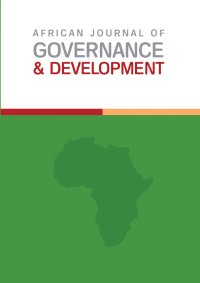Collaborative Governance and Community Participation in Solid Waste Management in Lusaka
Main Article Content
Abstract
Despite several stakeholders being involved in waste management, 85% of solid waste in Lusaka City is uncollected. The aim of this paper is to analyse the nature of collaborative governance and levels of community participation in domestic solid waste management in Lusaka. To ensure a successful analysis, the research used both primary and secondary sources of data. A sample of 121 people was engaged. The purposive and multistage sampling techniques were used to sample 6 key informants and 115 residents respectively.
Semi–structured interviews and a questionnaire were used to collect data and qualitative data obtained were analysed using content analysis while quantitative data were analysed using descriptive statistics. Findings revealed that emerging economies like Zambia rely on stakeholder collaboration to manage solid waste. The stakeholders involved in this include residents, government officials and private companies. It is noted that decisions are made by government officials and private companies and communicated to residents during meetings. Furthermore, the City Council fails to reprimand non-performing private companies. This research therefore, recommends that the government should ensure that there is rigorous implementation of the Local Government (Solid Waste Management) Regulation by local authorities and that decision-making is collectively owned by all stakeholders involved.
Article Details

This work is licensed under a Creative Commons Attribution-NonCommercial-NoDerivatives 4.0 International License.
